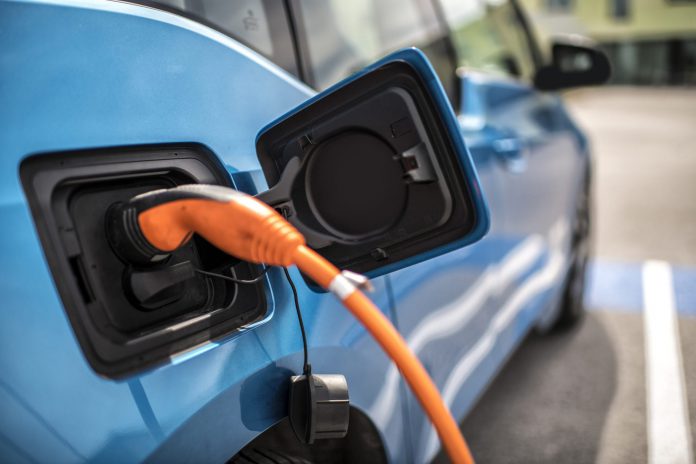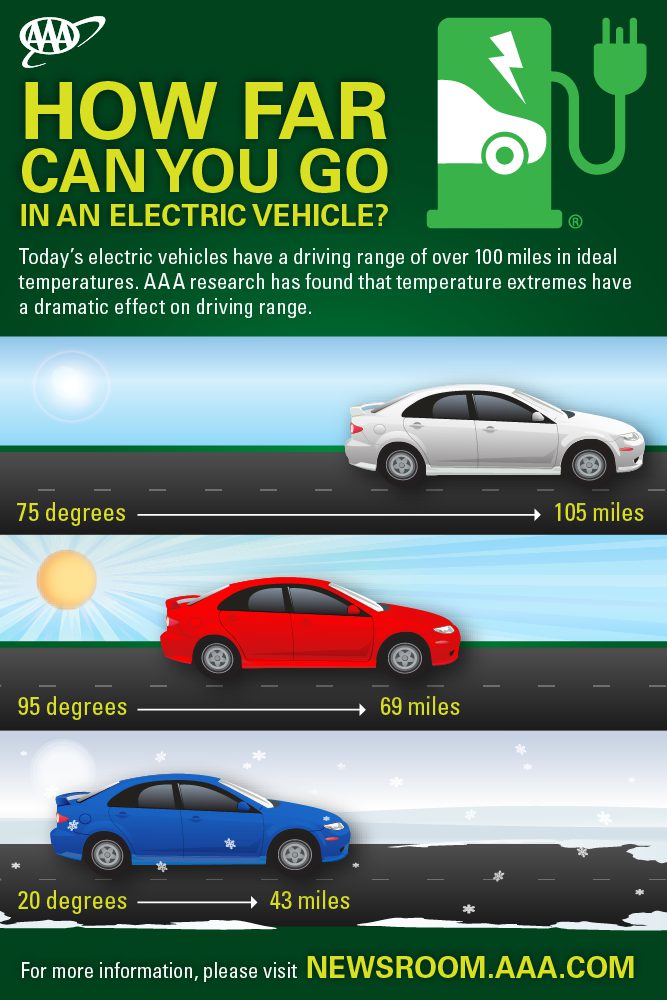The cost of fuel is at a seven year high, according to data this week from the American Automobile Association (AAA).
“As gas continues to rise, electric vehicles might be an attractive option,” says Dustyn Shroff, Vice President of Great Florida Insurance, Florida’s largest independent auto insurance agency.
Like many studies, data from the U.S. Department of Energy has shown that the total cost of an internal combustion engine compared to an EV is about 4 cents per mile. The study examined the difference between scheduled maintenance costs of traditional gas cars and electric vehicles. After factoring common auto services, from oil changes to new wiper blades to brake pads, the estimated cost of maintenance for light-duty gas vehicles is 10.1 cents per mile, while comparable battery electric vehicles come in at just 6.1 cents. A 4-cent-per-mile difference might sound minor, but in the long haul, EVs are more economically friendly when it comes to having a lifetime vehicle.
The pros of owning an EV include, they are environmentally friendly, because there are no tailpipe emissions. Powering an electric vehicle cost less than gas, also, federal, state and local tax credits are available to the buyer. EV’s are lower maintenance since they have fewer moving parts than a gas-powered car.
While most studies find an EV a better bargain, not all explore the price difference in fueling the two types of cars. The downside to owning an EV include, limitations on battery life, the lack of charging stations, long charging times, and limited vehicle selections, although they are improving.
Anderson Economic Group recently released a report, Comparison: Real World Cost of Fueling EVs and ICE Vehicles. They found fueling EVs can be more expensive then fueling internal combustion engines. The four major findings are as follows.
There are four additional costs to powering EVs beyond electricity: cost of a home charger, commercial charging, the EV tax and “deadhead” miles, which are miles spent driving to find a commercial charger.
For now, EVs cost more to power than gasoline costs to fuel an internal combustion car that gets reasonable gas mileage. Also, charging costs vary more widely than gasoline prices.
There are significant time costs to finding reliable public chargers – even then a charger could take 30 minutes to go from 20% to an 80% charge.
“If you want to dig in, you can do your own comparison,” says Dustyn Shroff, Vice President of Great Florida Insurance, Florida’s top independent auto insurance agency.
If you are interested in figuring out the cost difference between an EV and a traditional gas car, the U. S. Department of Energy has a vehicle cost calculator. This tool compares the overall cost of multiple vehicles based on your driving habits, EPA data and loan information. It also takes into account your state so that it can adjust the fuel-cost data to fit the gas and electricity prices in Florida.
Whether you drive a traditional gas-powered car or own an electrical vehicle, GreatFlorida Insurance has you covered with affordable auto insurance. Give us a call today.





